
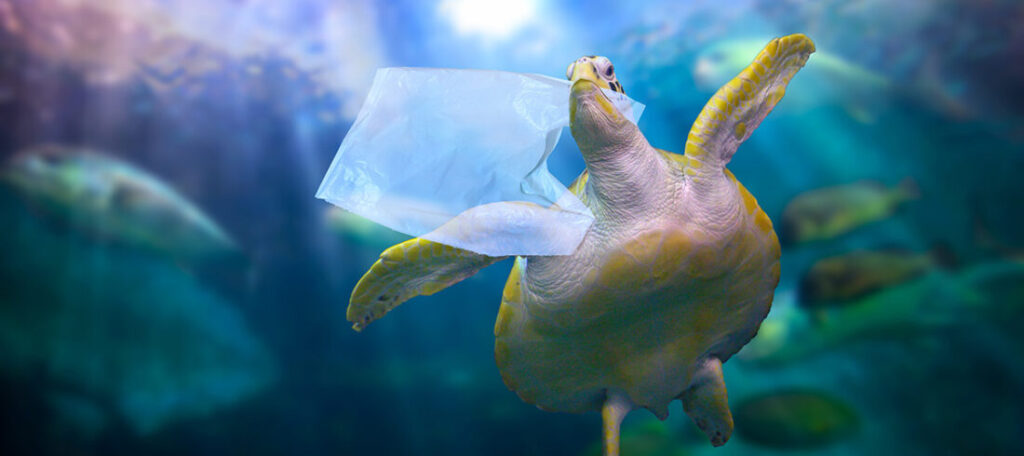
SeaLife Community Initiatives
Eliminating Plastic & Package Use
At SeaLife, we are committed to minimizing waste and pollution, especially in our oceans and inland waters.
We are strongly committed to our part in keeping our water planet as clean as possible by our mission to eliminate all plastic packaging and single use plastics from our products. We’ve successfully removed single use plastic ingredients from over 90% of our products and expect to complete our goal of zero plastic packaging by end of 2024.
All new products will be designed to not include single-use plastic packaging and will be recyclable.
Examples include the redesign of our Flex-Connect mounting accessory packaging – the new fiberboard packaging is 100% recyclable. The new Moisture-Muncher box replaces a plastic pouch. And our camera, housings, and lights packaging have had single-use inner packaging removed while the outer boxes are recyclable.
If you have questions or comments, please let us know by reaching out to us here.


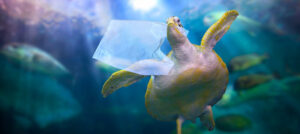
Not only do sharks make for great underwater photos and exciting video, they’re a vital and important part of our ocean eco-system. SeaLife supports shark conservation, we work closely with the Shark Angels organization to spread awareness and a better understanding of these magnificent animals.
Since 2007, members of Shark Angels around the globe have come together to advocate for sharks and our beautiful blue planet by turning fear of sharks into fascination, by empowering the public through education and science, and connecting the passionate to spark meaningful change. We do this through science, education, diving, legislation, and outreach. Through our partnerships with leading international shark scientists, Shark Angels connects the public to ground breaking shark research via innovative technologies to determine where and how to protect sharks. We provide free educational presentations to schools worldwide, thereby creating the next generation of eco-warriors. Our work with other nonprofits and conservation organizations advances the fight for shark fin trade bans and the enactment of laws prohibiting shark finning. And finally, we support responsible shark diving operations to encourage everyone to have the chance to come face-to-face with these fascinating creatures in the wild. Through these efforts, Shark Angels spearheads the fight for one collective goal: to save sharks.
Shark Angels is igniting change for the oceans, our planet and one another. We use innovative education and advocacy programs to activate the passionate, giving them the tools and the community to protect what they love. We are a small team with large aspirations – and our message is contagious.
Ways to Give: https://sharkangels.org/ways-to-give/
Donate: https://sharkangels.org/ways-to-give/?form=Sharkdouble
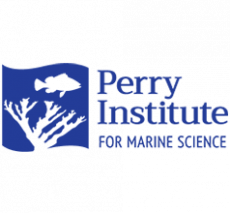
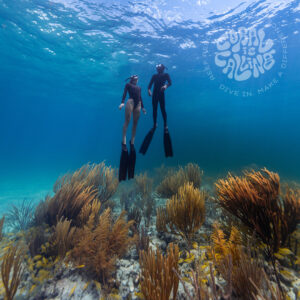
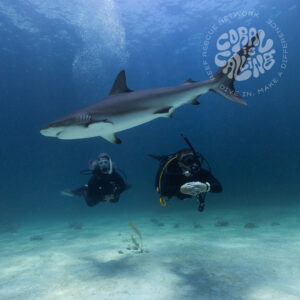
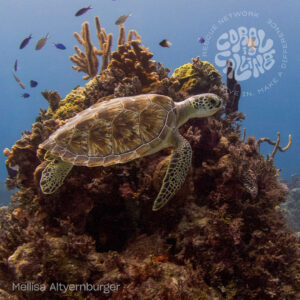
The Reef Rescue Network (RRN) was established in 2017 by the Perry Institute for Marine Science (PIMS) as a network of non-profit organizations and for-profit businesses committed to improving the condition of coral reefs by restoring populations of corals and other species that will build coral reef resilience. These actions will result in meaningful coral restoration across large spatial scales to make substantial improvements to coral reef health and contribute to our knowledge of coral biology, ecology, reef ecosystem function and how we can improve their condition. They have partnered with 30 organizations, 14 islands, and 73 scuba instructors to help regrow less hospitable coral populations.


